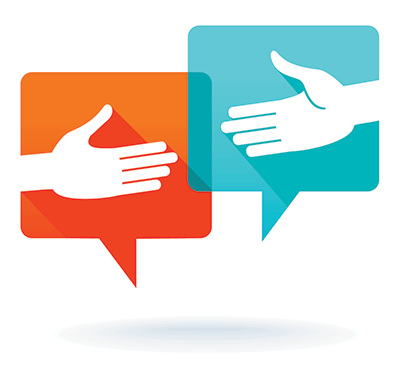Need a helping hand? Here's what a lawyers assistance program can do for you

Confronting someone about a substance abuse problem—or owning that you have one—is not easy, but lawyers assistance programs can help.
In this episode of Asked & Answered, the ABA Journal’s Stephanie Francis Ward speaks to Bree Buchanan, director of the Texas Lawyers Assistance Program of the State Bar of Texas, about how lawyers assistance programs work.
Usually referred to as LAPs and offered by attorney regulation agencies, the programs guarantee confidentiality when attorneys reach out to them. And if an attorney has committed an actionable offense, entering recovery before it comes to light and being able to show commitment to getting better can be a mitigating factor if he or she faces disciplinary charges.
In This Podcast:

Bree Buchanan
Bree Buchanan is director of the Texas Lawyers Assistance Program of the State Bar of Texas. She serves as co-chair of the National Task Force on Lawyer Well-Being and is a co-author of its 2017 report “The Path to Lawyer Well-Being: Practical Recommendations for Positive Change.” Ms. Buchanan is chair of the ABA Commission on Lawyers Assistance Programs (CoLAP). She is also an appointee to the Working Group to Advance Well-Being in the Legal Profession, an initiative of ABA President Hilarie Bass.



